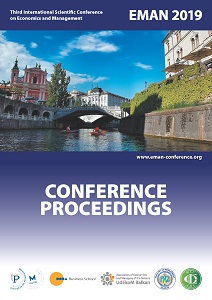
AUDITING INTEGRITY – THROUGH CHALLENGE TO ADDED VALUE
The aim of this paper is to explain the essence and significance of integrity as an element of organizational culture (i.e. control/internal environment), but also the issues of auditing/assessment of integrity as ‚soft’ control. Since many academic and professional researches and case studies has shown that organizational integrity, or the lack of it, has multiple effects on the quality of overall corporate governance, including the integrity of financial reporting, internal control systems and risk management, it is not surprising that legislation and auditing standards have introduced the obligation of assessment and reporting on the control environment/organizational culture, including the ethics, integrity and tone at the top. Considering the mission of auditing profession (especially internal auditing), the first prerequisite in this context is to define ‚integrity’ because this definition represents the criterion for its effective assessment. However, the lack of general consensus on integrity definition is just one of many challenges auditors are facing. This paper shows that regular assessments of control environment and its elements, including the integrity, do contribute to its empowerment. Likewise, strong control environment, i.e. organizational culture, by itself, provides many different advantages resulting in overall business performance. This paper suggests that integrity carries real value, just like knowledge, technology, human, physical and social capital. Therefore, there are no formal controls that could replace or compensate for the lack of organizational integrity and auditing the integrity may create real added value.
More...